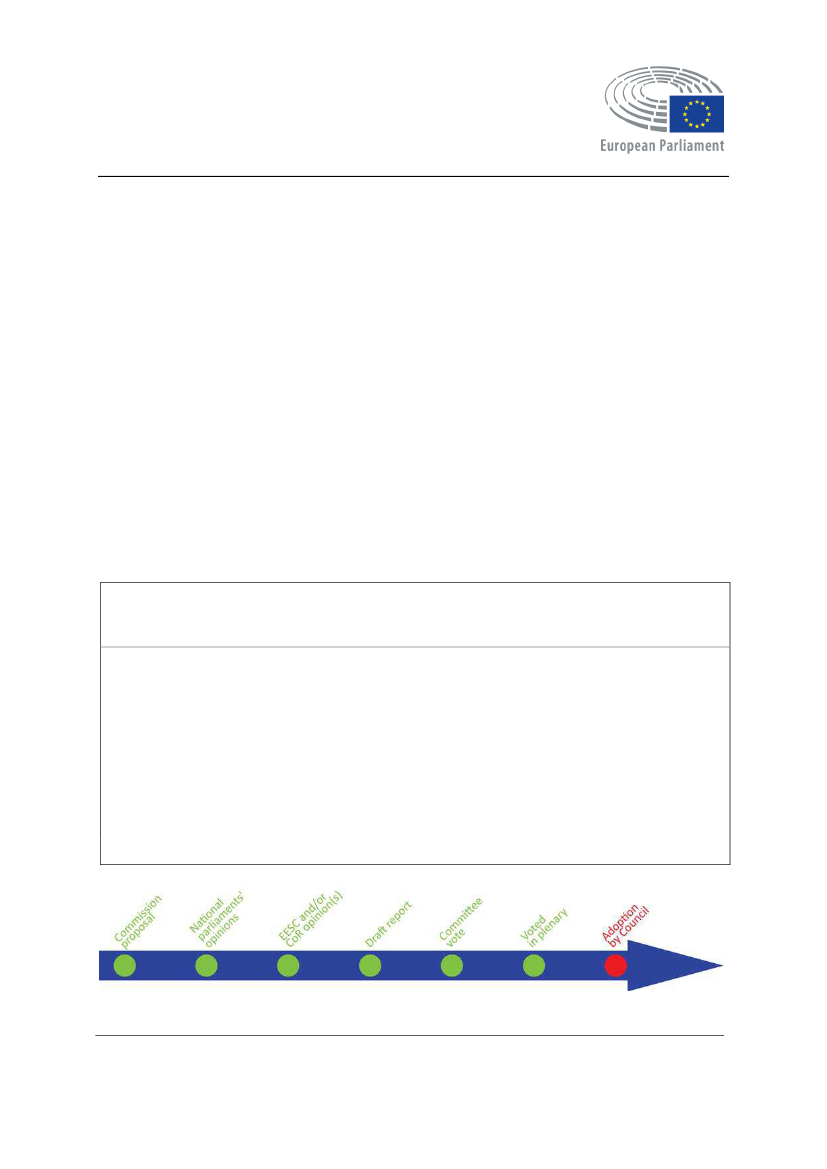
BRIEFING
EU Legislation in Progress
2021-2027 MFF
A new association of the Overseas
Countries and Territories (including
Greenland) with the European Union
OVERVIEW
On 14 June 2018, in preparation for the new multiannual financial framework (2021 to 2027 MFF),
the European Commission published a proposal for a Council decision on the Association of the
Overseas Countries and Territories, including Greenland, with the European Union. For Greenland
the main source of EU funding is currently the EU budget, while for the other overseas countries and
territories, it is the European Development Fund, a financial instrument outside the EU budget. The
proposed decision would bring together the funds for all EU overseas countries and territories under
the EU budget, as part of new Heading 6 'Neighbourhood and the world'. The European Parliament,
which is only consulted, has adopted its legislative resolution on the proposal, in which it calls for
an increase of the proposed budget for 2021-2027, and for better account to be taken of OCTs’ social
and environmental circumstances.
Proposal for a Council decision on the Association of the Overseas Countries and Territories with
the European Union including relations between the European Union on the one hand, and
Greenland and the Kingdom of Denmark on the other ('Overseas Association Decision')
Committee responsible:
Rapporteur:
Shadow rapporteurs:
Development (DEVE)
Maurice Ponga (EPP, France)
Doru-Claudian Frunzulică (S&D, Romania)
Eleni Theocharous (ECR, Cyprus)
Jan Zahradil (ECR, Czech Republic)
Charles Goerens (ALDE, Luxembourg)
Lola Sánchez Caldentey (GUE/NGL, Spain)
Maria Heubuch (Greens/EFA, Germany)
Adoption by Council
COM(2018) 461
14.6.2018
2018/0244(CNS)
Consultation procedure
– Parliament adopts
only a non-binding
opinion
Next steps expected:
EPRS | European Parliamentary Research Service
Author: Eric Pichon
Members' Research Service
PE 628.314 – February 2019
EN